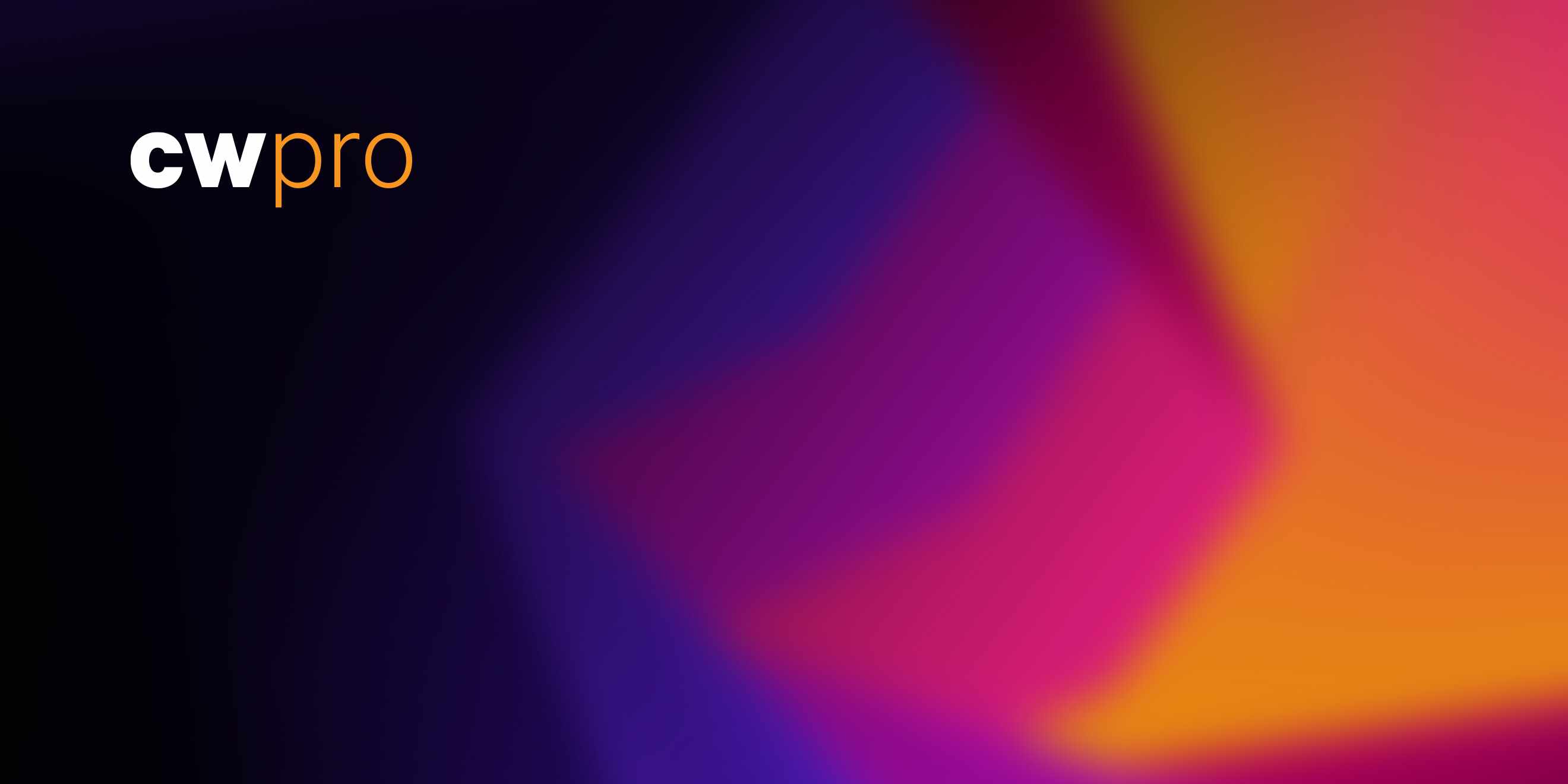
Seriously, kids: write your term papers the old-fashioned way. (It's not for nothing there are cannonballs in the walls of Nassau Hall. And go, Tigers.)
ChatGPT as a challenge to academic integrity (and other conventions).
ChatGPT, a remarkably advanced chatbot created by OpenAI, is creating challenges for academic institutions.
AI-generated plagiarism.
AIM reports that the New York City Department of Education has banned ChatGPT on school devices due to concerns about plagiarism. Vox notes that the chatbot is able to write decent essays that can pass popular anti-plagiarism tools like Turnitin. The Daily Beast reports that students are already using the AI to complete writing assignments. Technology question-and-answer site also banned the use of ChatGPT due to technical errors in its responses.
Even if the service is technically banned by schools, however, it’s difficult to see how such a ban could be enforced.
GPTZero offers a potential solution.
Princeton student Edward Tian attempted to offer a solution to this dilemma by creating an app called GPTZero, designed to detect if an essay was written by a human or an AI. The Daily Beast explains that GPTZero uses “perplexity” and “burstiness” as metrics. Perplexity is “a measurement of randomness in a sentence,” while burstiness is “the quality of overall randomness for all the sentences in a text.” Human-written sentences generally vary in complexity, while bots usually create sentences that are consistently low-complexity.
Tian has already been approached by major venture capital firms interested in his product.
While Tian acknowledges the usefulness of artificial intelligence in the right situations, he noted that “[t]here are beautiful qualities of human written prose that computers can and should never co-opt.”
